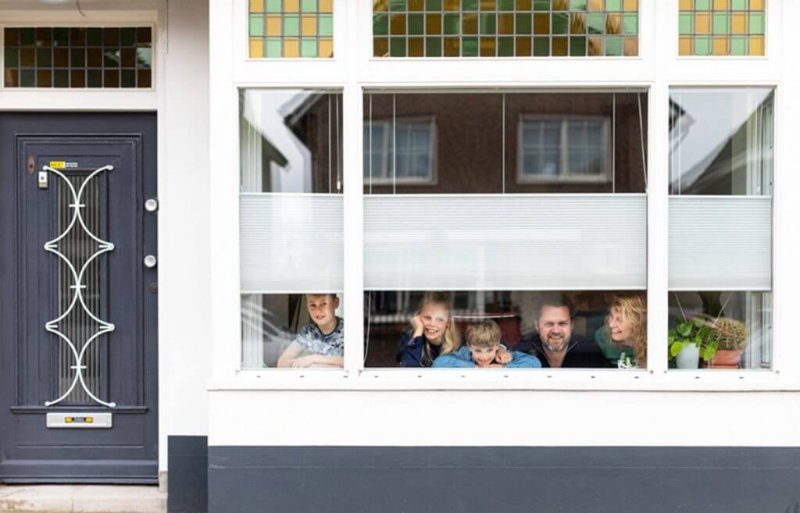For the past two months, a sizable chunk of the world’s population has been shuttered inside their homes, only stepping out for essential supplies. Although this may have reduced our chances of being exposed to coronavirus, it may have had a less obvious effect on our immune systems by leaving us more vulnerable to other infections.
Humans evolved on a planet with a 24-hour cycle of light and dark, and our bodies are set up to work in partnership with sunlight.
…
Vitamin D enables the macrophages in our lungs – a first line of defence against respiratory infections – to spew out an antimicrobial peptide called cathelicidin, killing bacteria and viruses directly. It also tweaks the activity of other immune cells, such as B and T cells, which orchestrate longer-term responses. People with low levels of vitamin D are at greater risk of viral respiratory tract infections such as influenza.
…
So, if lockdown conditions allow, you should strive to get outdoors at least once a day, whilst taking steps to maintain social distancing and sunburn. Sunlight and nature are great healers, and they also come for free.































